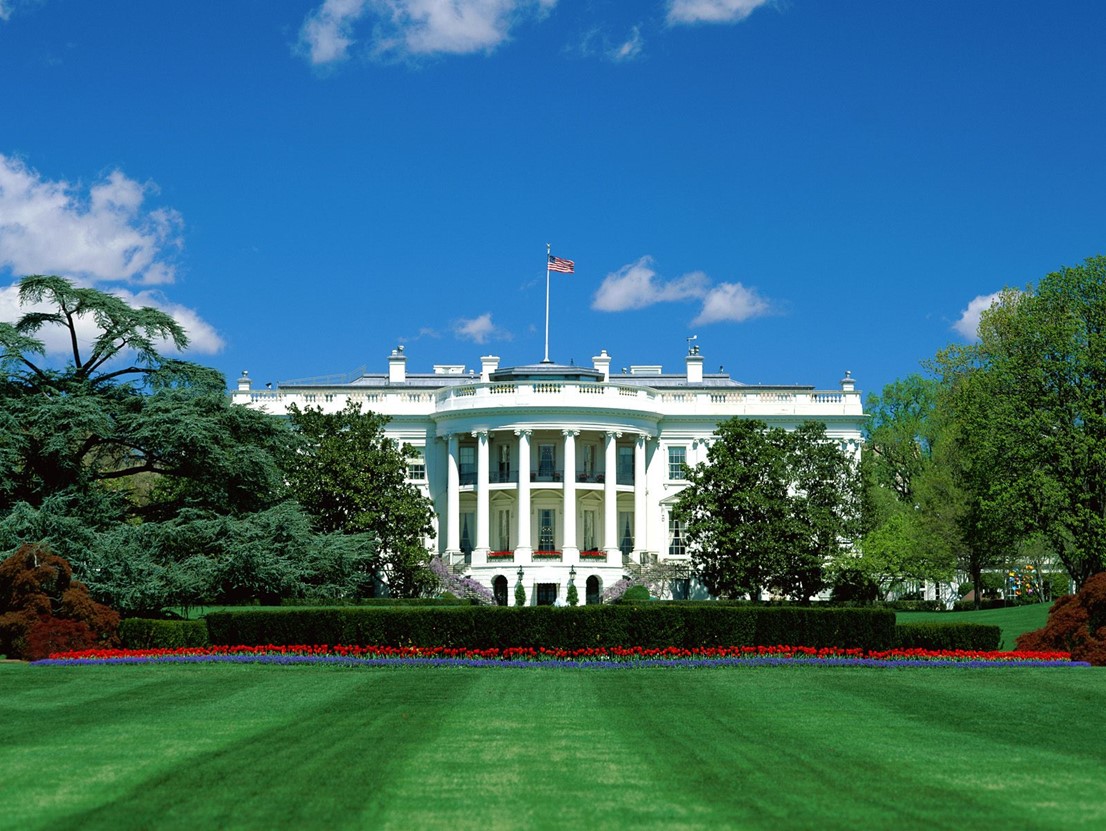Chocolate And Nobel Prizes
October 12, 2012 in Daily Bulletin, Signature

Nobel Prize season is upon us (we’re previously argued that Pocahontas deserves one), and Franz H. Messerli found something unexpected about what it takes to win a prize:
- There is a strong relationship between the consumption of chocolate and a country winning Nobel prizes. The more chocolate, the more prizes.
- This might be, in part, because chocolate is shown to improve cognitive function. It makes you smarter.
- If a country wants its thinkers to win an additional Nobel prize then all it has to do is have every single person within its borders consume an additional 0.4kg of chocolate a year.
- Sweden seems to be the exception. Swedes win way more prizes than they should based on the amount of chocolate they consume. This might be because the committee that determines who wins the prizes is based in…Sweden.
Read the entire study here.
Source: The New England Journal of Medicine
Via: Slate









Join the Discussion! (No Signup Required)